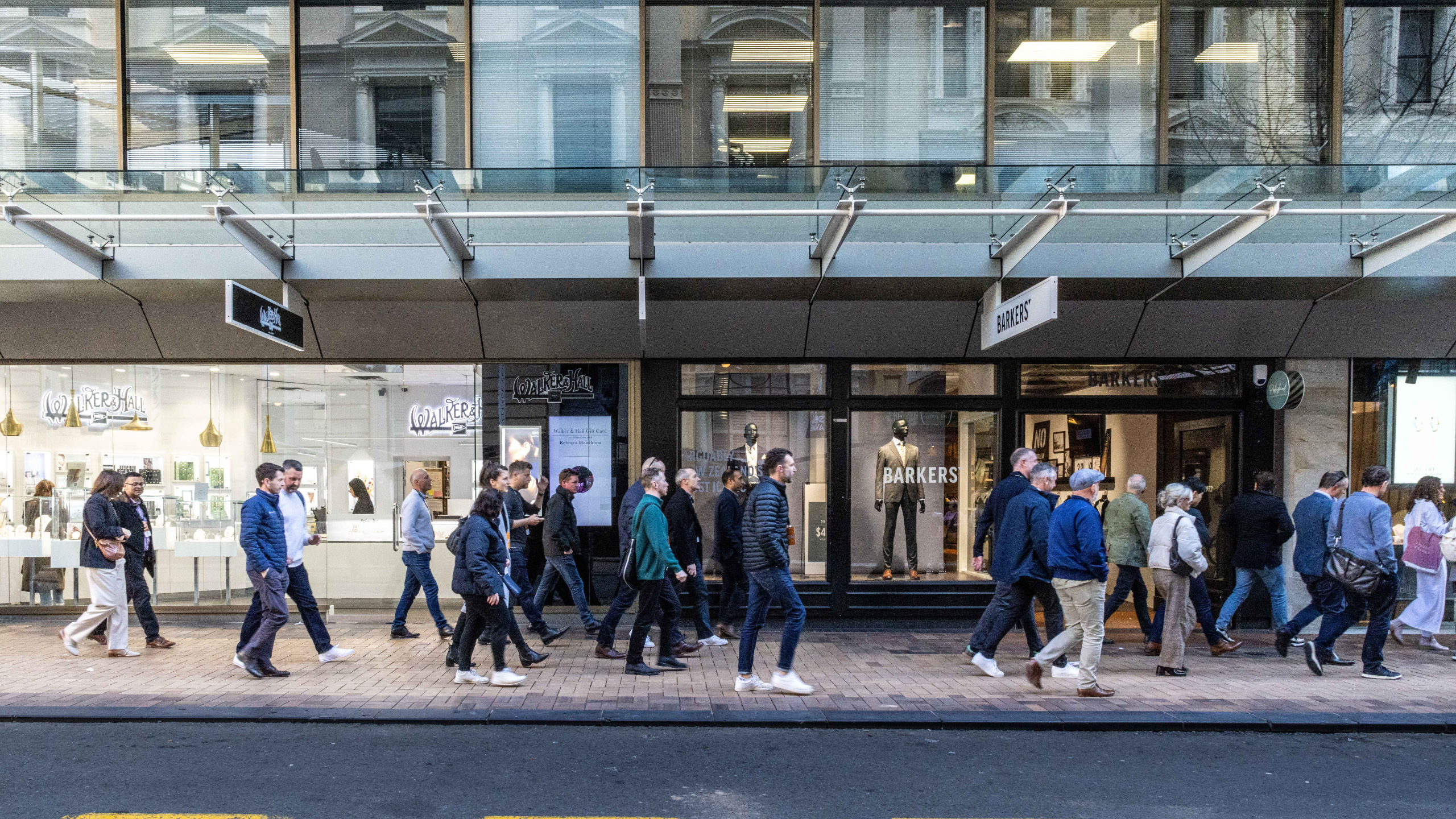Daniel Shao, Development Manager, Woolworths NZ shares his views on the excessive control over retail distribution and how it is undermining healthy competition. The opinions expressed are the author’s own and do not necessarily reflect the views of Property Council or Woolworths NZ.
The desire to protect established commercial centres has led to the adoption of “Centres Hierarchy” policies in cities across New Zealand. At their core, these policies are designed to concentrate commercial opportunities in existing and planned centres.
In Christchurch, the desire to protect the CBD and key centres after the earthquakes was understandable. The city needed rules that would support recovery and guard against the risk of large, out-of-centre retail draining life from the Central City. But today, the pendulum has swung too far. Excessive control over retail distribution is undermining healthy competition that ultimately benefits communities.
The Problem with ‘Adverse Effects’
The concept of “retail distribution effects” is valid when assessing a massive, edge-of-town shopping mall. A sudden injection of new retail space, out of proportion with demand, could indeed damage existing centres. In that context, the centres hierarchy provides an important check on unmanaged sprawl.
But context is everything. A new shopping centre on the edge of a small town may decimate existing investment, while the same development in a large, intensifying city could be a welcomed addition, bringing competition, convenience, and consumer choice.
In Christchurch, the same level of scrutiny is being applied with blanket rigidity, even to the smaller Neighbourhood and Local Centres. A development servicing a localised catchment, such as a new supermarket with a handful of shops, can be forced through the same onerous consent process as a regional shopping centre, simply because it might have an “adverse effect” on a nearby centre.
This approach ignores three fundamental truths of a growing city:
- Centres Must Evolve: Centres are not static museum pieces; they must adapt and grow. Treating every centre’s current market share as untouchable prevents the natural ebb and flow of commerce that underpins a competitive market.
- Intensification Creates New Demand: As cities intensify, the demand for more local retail and services grows. If planning rules block new capacity, residents are forced to travel further for basic needs, undermining the very goal of a compact city.
- Competition Is Not Decimation: Healthy competition may affect the profit margins of incumbents, but that is not a planning failure. It is a benefit for consumers, who gain better prices, improved service, and modern store formats.
The High Cost of Regulatory Overreach
This regulatory overreach imposes significant costs on businesses and, ultimately, the consumer. For instance, developers must spend excessive time and money on economic experts to debate market share projections. These transaction costs are disproportionate to the modest impacts of most local projects.
Planning hurdles often mean that residents in new growth areas wait years longer for convenient retail options. By protecting incumbents, the policy limits competition and deprives residents of the benefits of modern retail formats, improved choices, and convenience.
A Call for Pragmatic Reform
Christchurch deserves planning rules that reflect the realities of a growing, intensifying city. A smarter framework would, for instance, exempt neighbourhood- and local-centre scale developments from complex economic impact assessments. It would also reserve retail distribution analysis for genuinely large projects with the potential to undermine the Central City.
Most importantly, this new approach would ensure that retail and services grow alongside residential density, rather than lag years behind. Planning should enable growth, not freeze it. Christchurch has an opportunity to lead the way by shifting from rigid protectionism to a more balanced approach that supports both a thriving Central City and the neighbourhood services our communities need.
Author

Daniel Shao
Development Manager, Woolworths NZ
Daniel Shao is a Development Manager at Woolworths NZ, responsible for the development of new supermarkets. He manages the full project lifecycle, from identifying new opportunities and acquiring land to overseeing design, consenting, leasing, and the delivery of both standalone supermarkets and neighbourhood centre developments. Daniel is also an outgoing member of the Property Council’s South Island Committee.

RECON25 | Pre-conference Site Tour
Limitedtickets available!Discover the future of retail in one of Auckland’s fastest-growing hubs Kick off your conference experience with an exclusive guided tour of Westgate Town Centre — a thriving retail destination […]

RECON25 | Retail Conference 2025
Aotea Centre 50 Mayoral Drive Aotea Square, Auckland CBD, Auckland, New ZealandBookyour tickets!Retail’s Next Chapter Starts Here The retail game has changed — again. From immersive store design to backstage tech revolutions, the future of retail isn’t just arriving — it’s being […]

